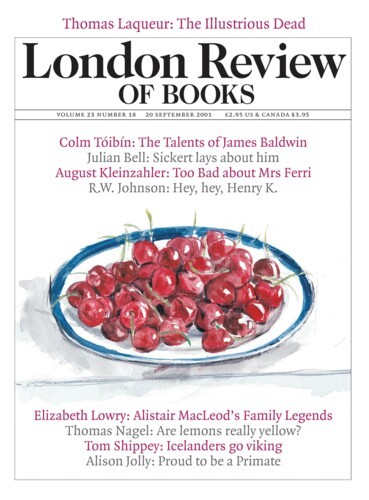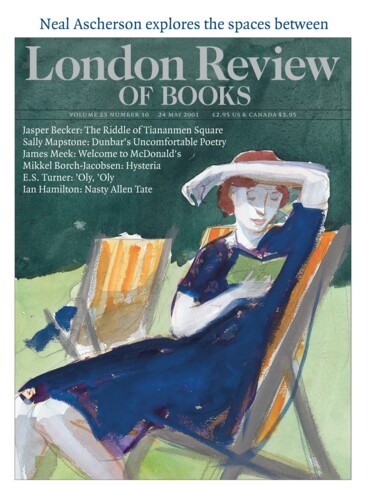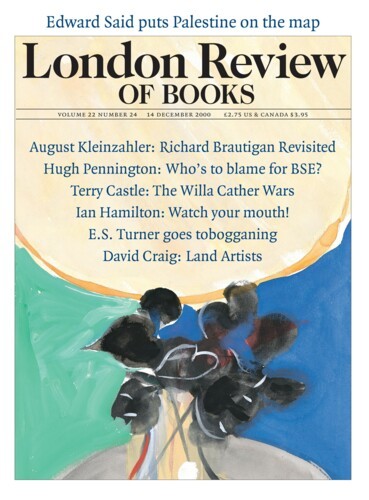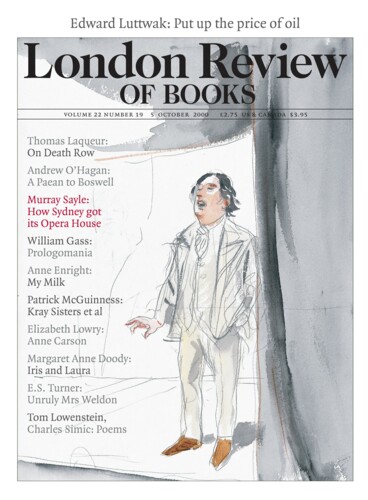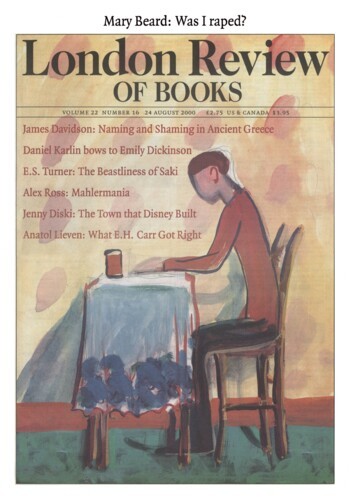Will Self would have us believe that a volume of Saki’s stories, chosen from eight miles of second-hand books in a New York store, saved his life. That, he says in his introduction to this collection, should not be confused with changing his life. Faced with a 22-city promotional tour of America for one of his books (‘Not, you might venture, a deathly predicament in and of itself – but how wrong you are’), he was able to set against the ‘terrifying rootlessness’ of the tour the ‘triumphantly rooted character’ of Saki’s stories. I picture him, crammed in his aircraft seat, suddenly transformed, or perhaps stung, by a line like ‘to have reached thirty is to have failed in life,’ or wondering how to work off, on the next interviewer, a variation of ‘I love Americans but not when they try to talk French. What a blessing it is they never try to talk English.’’‘
The Unrest-Cure and Other Beastly Tales by Saki. Will Self would have us believe that a volume of Saki’s stories, chosen from eight miles of second-hand books in a New York store, saved his life. That, he says in his introduction to this...
